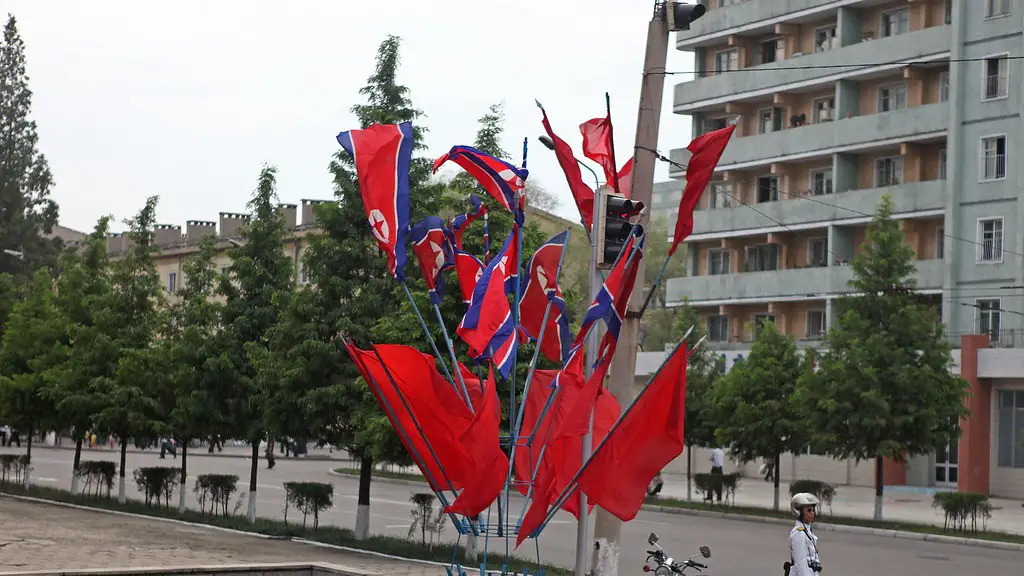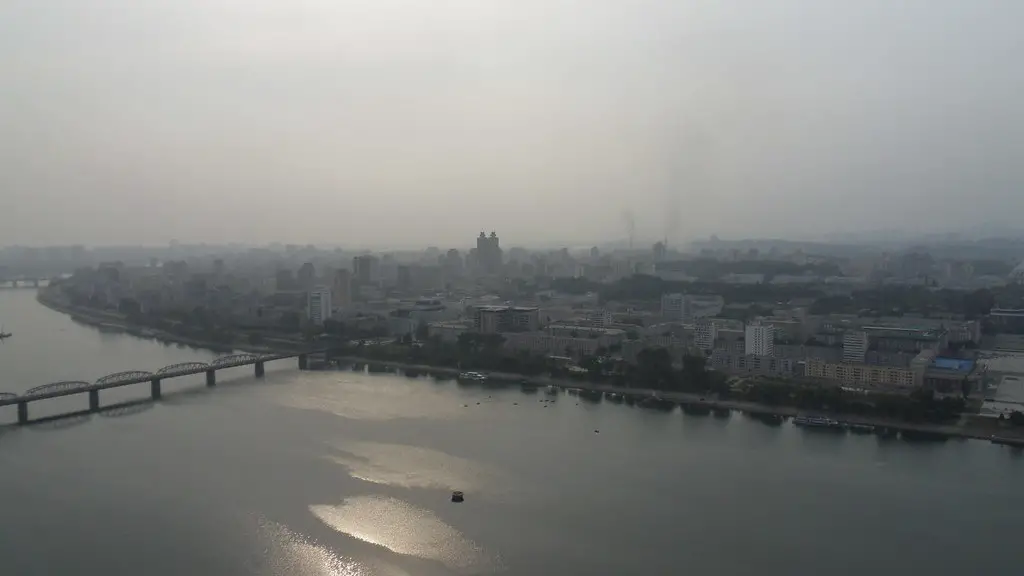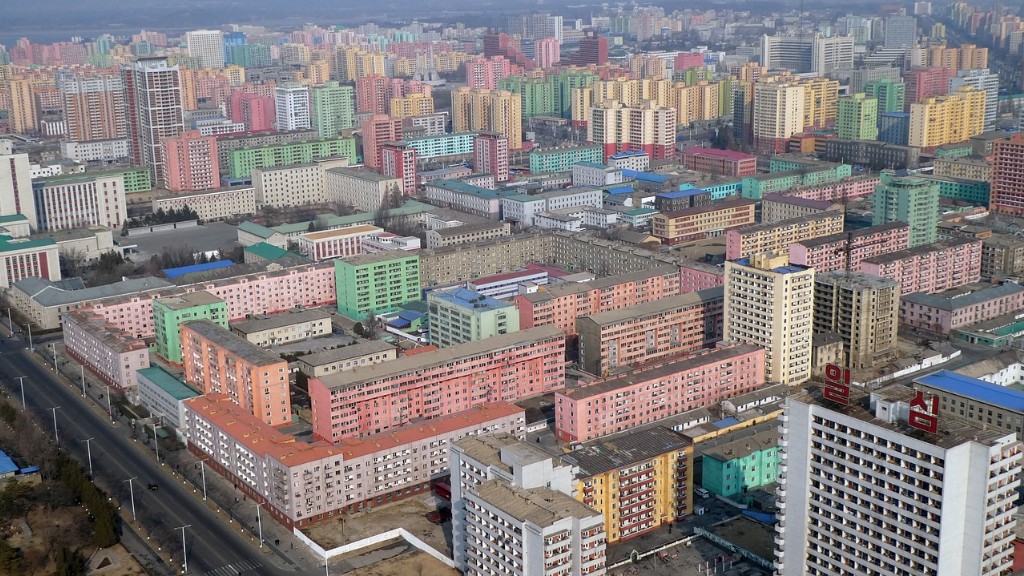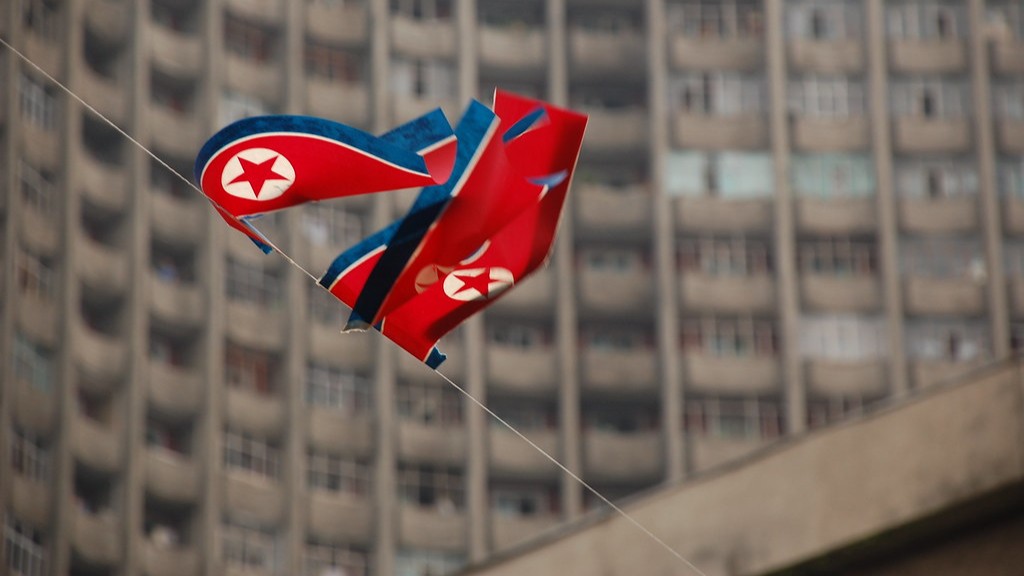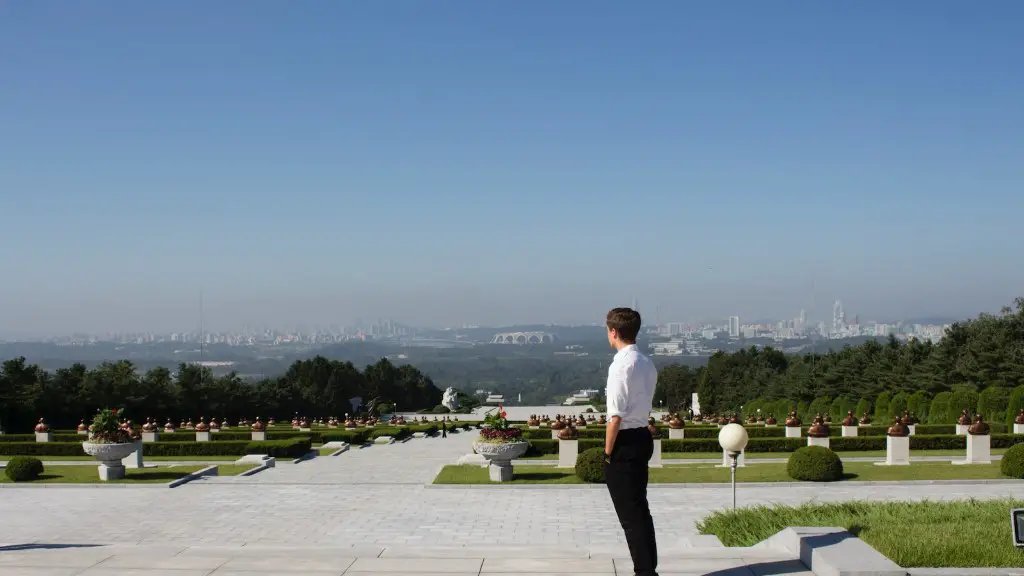North Korea is a reclusive nation, having been isolated from the rest of the world for many decades. It is a communist state with a dictatorial leader, Kim Jong-un, that has imposed a draconian rule on its people. Although there is limited contact with North Korea for most foreigners, there are some ways to keep up to date with what is happening in the country.
In recent years, North Korea has become more open to international communication, constantly amending its policy of self-imposed austerity and striving to establish diplomatic ties with world powers. Consequently, news outlets and social media have been a source of information on various activities and incidents related to the nation.
Since 2018, when the first meeting between Kim Jong-un and US President Donald Trump happened, resulting in a signed document of denuclearization, North Korea is said to have dismantled a major missile test site, held talks with South Korea, and opened up tourist sites to the public. These are seen as significant steps towards easing its relationship with the rest of the world.
North Korea has also made some steps to improve its economy. It has engaged in timber harvesting with China, increased its exports of minerals and coal, and engaged in real estate and investment activities abroad. This activity has mostly taken place outside the public’s view, with the intent to restart the economic engine of the country.
Although North Korea has not completely opened itself to the outside world, it has taken some steps towards establishing relationships with other countries. Recent high-level diplomatic engagements signify a willingness to resolve international tensions and show a commitment to peace. For example, North Korea has held summits with other nations, including South Korea, the United States, and China.
Still, many of the internal social and political matters in North Korea remain undisclosed, or under intense restrictions. Reports suggest that the North Korean people continue to suffer from severe human rights violations, food insecurity, a lack of medical care and other difficulties.
These are just a few examples of the current state of affairs in North Korea. With the intention of providing more detailed insight into the nation’s current policies and activities, the following sections of the report will expand on them.
South Korea Relations
North Korea and South Korea, after decades of animosity and hostility, are taking steps to improve their relations. The two countries have opened communication channels and conducted several diplomacy efforts to promote peace, stability, and reunification on the Korean Peninsula.
The most important breakthrough in the inter-Korean relations happened in 2018 with the agreement of the Joint Declaration. In that document, the two countries agreed to jointly work to reduce military tensions, pursue economic and cultural cooperation, and hold regular meetings between their leaders.
Since then, there have been numerous economic and cultural exchanges between North and South Korea and the two countries have agreed to cooperate on humanitarian projects, such as family reunions for separated families. This has allowed many families to come together for the first time in decades.
In addition, North and South Korea conducted a cordial summit in Pyongyang in 2019, with Kim Jong-un and South Korea’s President Moon Jae-in signing an agreement that should reduce military tensions, reconnect cross-border transport links, and carry out arms control measures.
These meetings reflect North Korea’s willingness to open up to the international community and come to terms with its neighbors. This could possibly, in the near future, lead to major changes in the political and economic landscape of the Korean Peninsula.
US Relations
The United States has long been an important ally to South Korea, and it has maintained a strong presence in the region in order to guarantee stability and security in the region.
The relationship has not been smooth over the past decades, and tensions have been high at times. This is due to the fact that North Korea was pursuing its nuclear ambitions, which posed a threat to regional security.
However, in 2018, tensions lessened when the United States and North Korea met for the first time for a summit. The US President, Donald Trump, and the North Korean leader, Kim Jong-un, signed a document of denuclearization and committed themselves to working towards peace and stability on the Korean Peninsula.
The two countries have since held meetings in Sweden and Vietnam in 2019, but North Korea has refused to give away its nuclear facility. This signifies the difficulty of the negotiation process and the importance of the US presence in the region.
The US has also repeatedly engaged in sanctioned North Korea in order to pressure them to abandon their nuclear weapons and ballistic missile programs. This strategy has had some success, as the nation agreed to halt its nuclear testing in late 2018, and has since opened its doors more to communication with the international community.
Human Rights Situation
The human rights situation in North Korea continues to be an issue of concern. Reports from various human rights organisations indicate that the North Korean government is still carrying out gross human rights abuses, such as torture, illegal detention, discrimination and food deprivation.
The country is also facing problems related to the unchecked power of its leadership, a weak judicial system and lack of access to information. This means that many citizens are unable to exercise their fundamental rights and freedoms.
In addition, North Koreans are subjected to extremely difficult working conditions and low wages. This has led to increasing numbers of North Koreans fleeing the country in search of better economic opportunities.
There have been initiatives by the international community to address the human rights situation in North Korea. The United Nations has brought together experts to discuss the human rights situation in the country and push for more engagement with the government.
However, international pressure has not been enough to improve conditions, and the human rights situation in North Korea is likely to remain a cause for concern for the foreseeable future.
Economic Situation
The economy of North Korea has hardly changed over the past few decades. The nation remains one of the poorest and most isolated in the world, with its citizens subjected to strict regulations and little access to international aid.
North Korea is mostly reliant on its own resources, such as its agricultural production and mining industry. This makes it difficult for the country to compete with other nations in the global market.
Recently, the government has taken steps to improve the economic situation by engaging in timber harvesting with China and other countries, increasing its exports of minerals and coal, and engaging in real estate and investment activities abroad.
Despite these efforts, the economic situation in North Korea is far from ideal. Many citizens struggle to make ends meet and there is still a lack of basic infrastructure and essential services in the country.
The United Nations has emphasised the need for international aid to help alleviate the economic hardship in North Korea. The organisation is working with the government of North Korea to create a sustainable framework for development and create a better future for North Koreans.
Conclusion
North Korea is a reclusive nation that has been isolated from the rest of the world for many decades. Despite this, the government has recently taken steps to engage with the international community and improve its relations, both with its neighbours and the United States.
The country has also made some progress in improving the economy, although the poor human rights situation, especially for its citizens, remains a major cause for concern. The United Nations is calling for more engagement with the country and is pushing for assurances that will ensure the welfare of the North Korean people.
